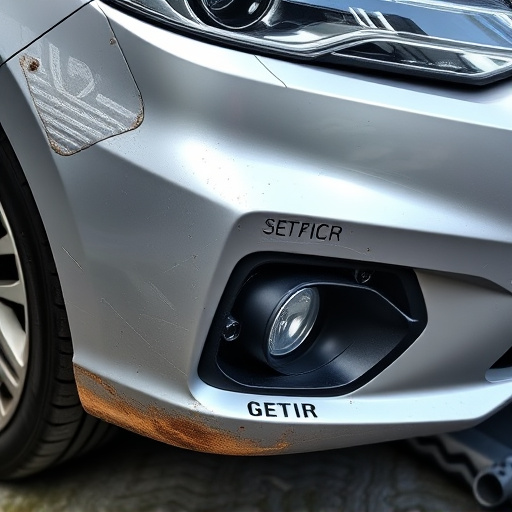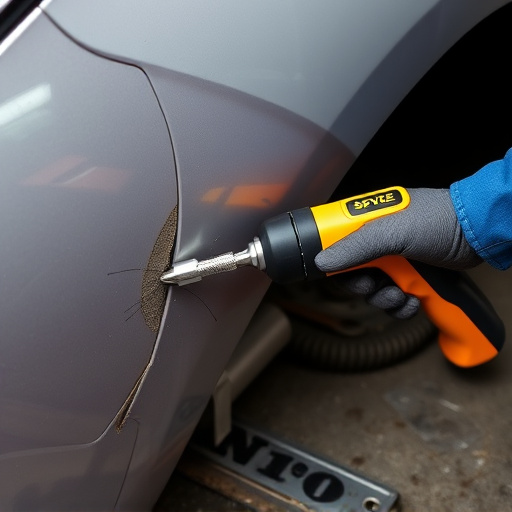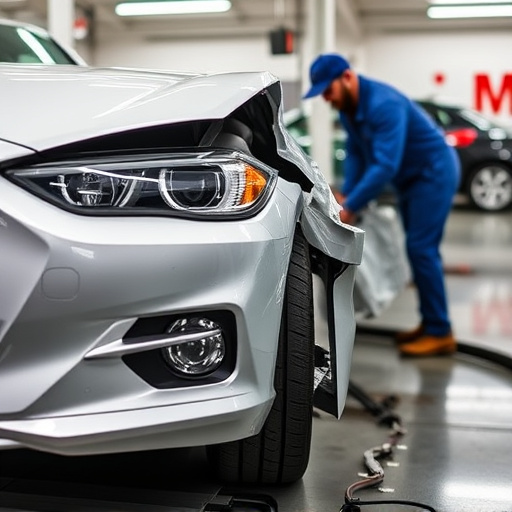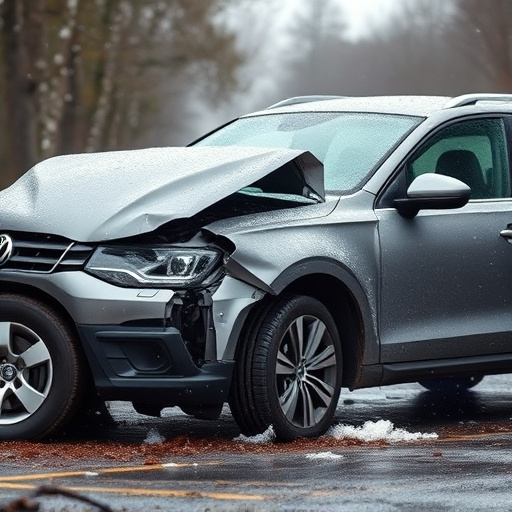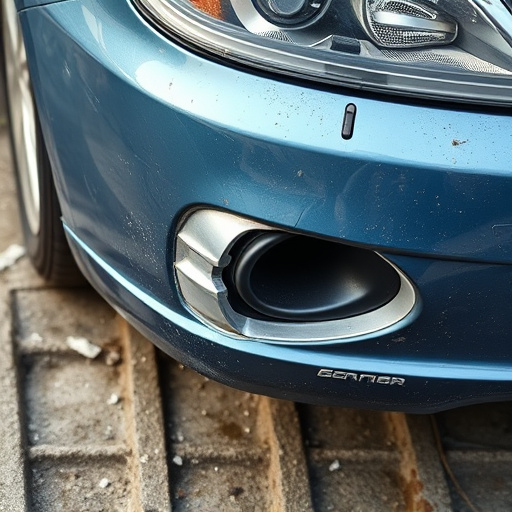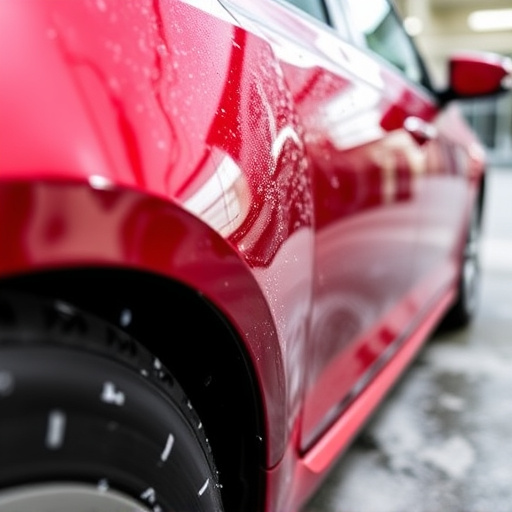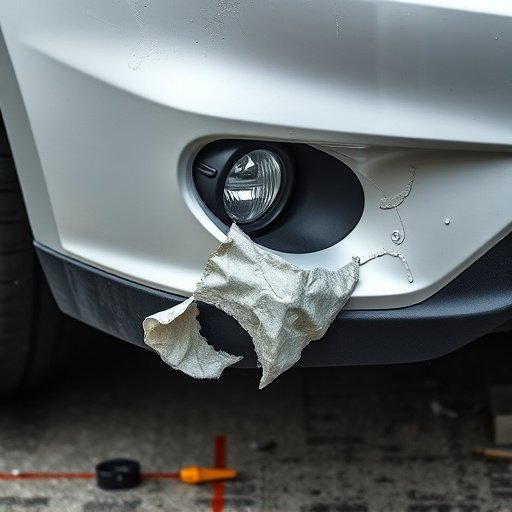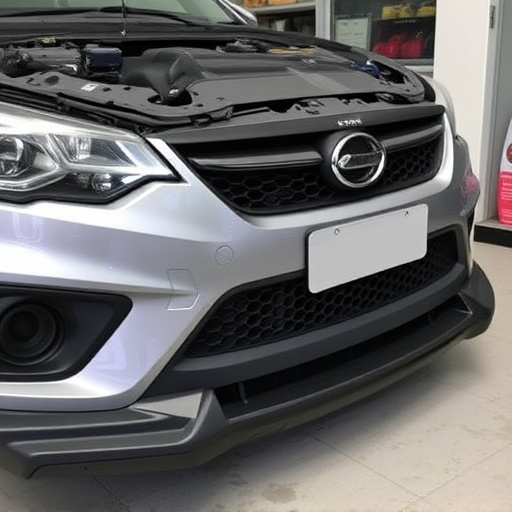Mercedes radar recalibration is a critical process ensuring the accurate functioning of safety features like adaptive cruise control and collision prevention systems. Required after repairs or environmental damage, it uses specialized tools to realign sensors for optimal performance and precision in detecting obstacles and monitoring speeds, enhancing overall vehicle safety and reducing repair costs. Regular calibration is vital for maintaining system accuracy and efficiency, especially post-collision or significant body work.
Mercedes radar recalibration is a critical process that ensures the seamless operation of your vehicle’s advanced driver assistance systems (ADAS). This technology, featuring sophisticated radar sensors, plays a vital role in safety features like collision avoidance and adaptive cruise control. Over time, factors like road conditions, environmental changes, or accidents can disrupt the radar’s accuracy, leading to potential performance issues. Understanding when and how to recalibrate your Mercedes’ radar system is essential for maintaining optimal safety and performance.
- Understanding Mercedes Radar Recalibration Process
- Benefits of Regular Recalibration for Safety and Performance
- Common Issues That Require Radar Calibration Reset
Understanding Mercedes Radar Recalibration Process
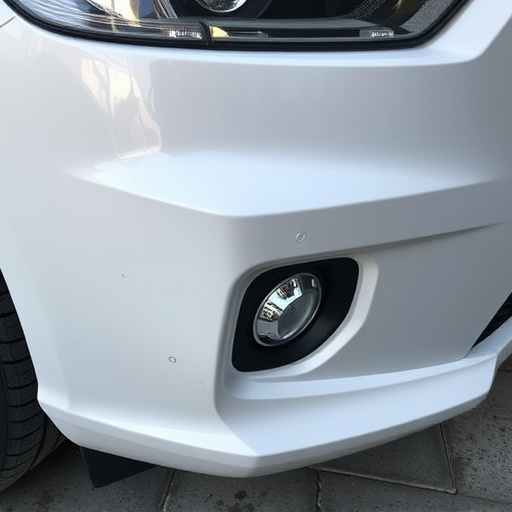
Mercedes radar recalibration is a critical process that ensures all driving aids function seamlessly. It involves adjusting and realigning the vehicle’s radar sensors to accurately detect objects on the road, enabling features like adaptive cruise control, lane-keeping assist, and collision prevention systems. This process is particularly important after certain events or repairs, including hail damage repair or auto glass replacement, as these can disrupt sensor alignment.
During a Mercedes radar recalibration, specialized tools are used to communicate with the vehicle’s computer system, instructing it to reset its calculations for speed, distance, and object recognition. This ensures that the automotive repair services performed do not compromise the integrity of the driving aids, maintaining optimal safety and performance on the road. The process is quick but precise, requiring skilled technicians to prevent any potential issues or inaccuracies in future operations, such as auto glass repair.
Benefits of Regular Recalibration for Safety and Performance
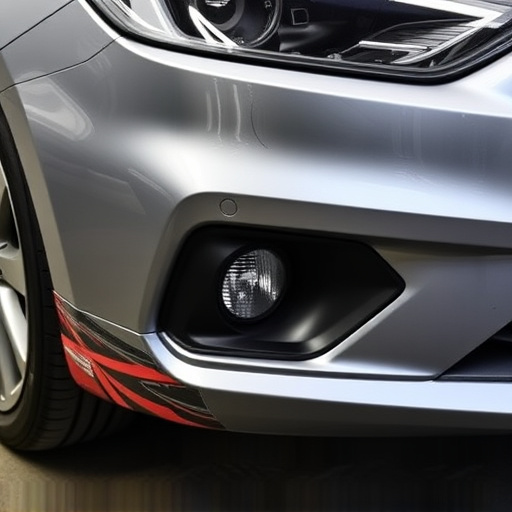
Regular Mercedes radar recalibration plays a pivotal role in maintaining the safety and optimal performance of your vehicle’s driving aids. Over time, various factors such as weather conditions, road changes, and minor accidents can disrupt the accuracy of the radar system, affecting its ability to detect obstacles and monitor speeds accurately. This can lead to reduced responsiveness during critical driving situations, putting both drivers and passengers at risk.
By scheduling periodic recalibration for your Mercedes’ radar system, you ensure that it operates with unparalleled precision. This process involves adjusting the sensor’s settings to align with current environmental conditions, thereby enhancing the overall safety features of the vehicle. Furthermore, regular calibration helps in preventing minor issues from escalating into more significant problems, ultimately saving costs on what could otherwise be extensive auto body repairs or collision repair services. Even a simple car scratch repair pales in comparison to the potential damage avoided through timely radar recalibration.
Common Issues That Require Radar Calibration Reset
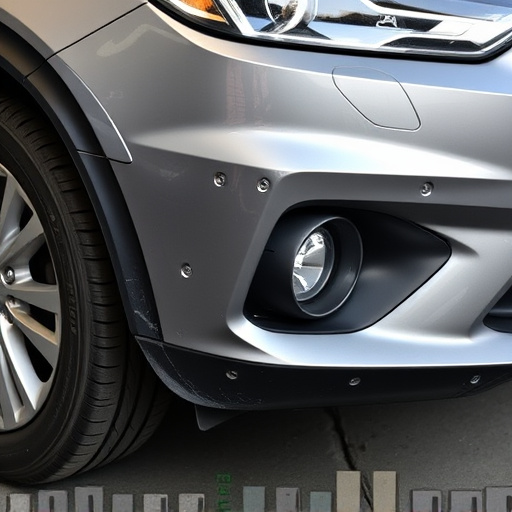
Over time, various factors can impact the accuracy and performance of a Mercedes’ radar system, requiring a recalibration. Common issues that may necessitate a reset include routine wear and tear, accidental damage, or after certain collision repair services. Debris on the windshield or sensors, for instance, could obstruct the radar’s view, leading to erratic readings. Moreover, after a car body restoration or significant auto repair shop work, it’s crucial to realign the radar to ensure optimal performance of all driving aids. These aids rely on precise data from the radar to function correctly, especially in features like adaptive cruise control and lane-keeping assist. Regular Mercedes radar recalibration is thus essential to maintain safety and vehicle efficiency.
Mercedes radar recalibration is a vital process that ensures the optimal performance and safety of your vehicle’s advanced driving aids. Regular calibration not only enhances overall system effectiveness but also addresses common issues that can arise over time. By understanding the benefits and potential problems, drivers can maintain a seamless driving experience, knowing their car’s sensors are accurately gauging surroundings for smoother navigation and improved safety.
